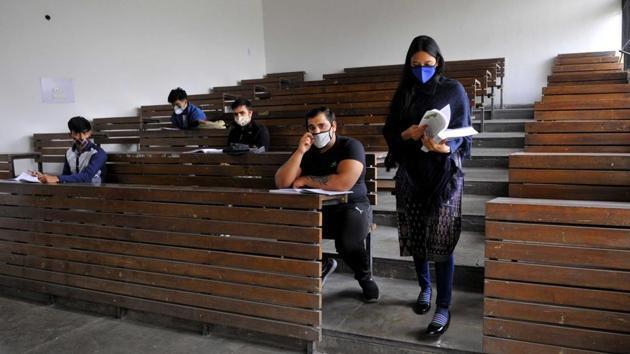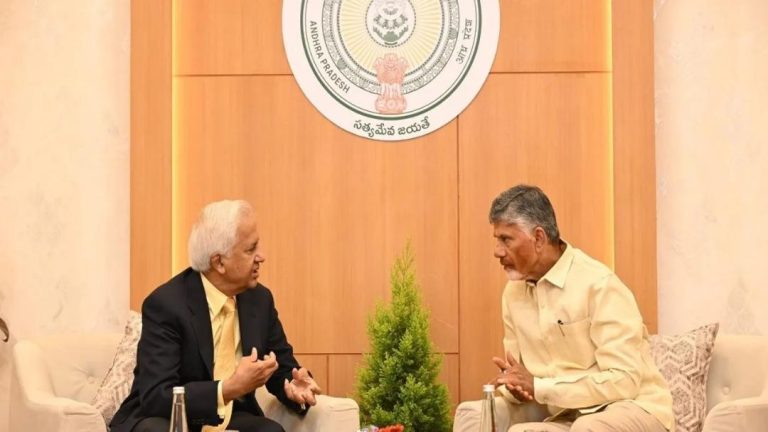
Which Indian universities topped the list of institutions publishing researches least ethically?
Research is the backbone of any academic institution, and the integrity of research is paramount to the advancement of knowledge and innovation. Unfortunately, not all research institutions prioritize research integrity, and the consequences can be far-reaching. In this blog post, we will explore a recent research integrity index that ranked Indian universities based on their research ethics. The findings are alarming, and they raise important questions about the state of research integrity in Indian academia.
The Research Integrity Index
The Research Integrity Index (RI2) is a global ranking of universities based on their research ethics. The index is designed to assess the ethical standards of research publications, including issues such as plagiarism, data fabrication, and manipulation of results. The index is compiled by the American University of Beirut’s (AUB) Lebanese Medical Heritage Observatory (LMEO).
The latest RI2 report, released in [year], analyzed research publications from over 1,000 universities worldwide. The report found that Indian universities were disproportionately represented on the list of institutions that published research papers in the least ethical way globally.
Top Indian Universities on the List
According to the RI2 report, the top Indian universities that published research papers in the least ethical way globally are:
- Graphic Era (Uttarakhand) – With a score of 0.34, Graphic Era topped the list of Indian universities on the RI2 report. The university’s research publications were found to have high levels of plagiarism, data fabrication, and result manipulation.
- Vel Tech University (Tamil Nadu) – With a score of 0.39, Vel Tech University ranked second on the list. The university’s research publications were found to have high levels of plagiarism and data fabrication.
- Chandigarh University – With a score of 0.41, Chandigarh University ranked third on the list. The university’s research publications were found to have high levels of plagiarism, data fabrication, and result manipulation.
- Jawaharlal Nehru Technological University (Andhra Pradesh and Telangana) – With a score of 0.43, Jawaharlal Nehru Technological University ranked fourth on the list. The university’s research publications were found to have high levels of plagiarism and data fabrication.
- Saveetha Institute (Tamil Nadu) – With a score of 0.45, Saveetha Institute ranked fifth on the list. The institute’s research publications were found to have high levels of plagiarism, data fabrication, and result manipulation.
Other Indian universities that made it to the list include Anna University (Tamil Nadu), AKTU (Uttar Pradesh), and Tamil Nadu’s Dr. M.G.R. Educational and Research Institute.
Consequences of Research Misconduct
Research misconduct can have serious consequences for the research community, academia, and society as a whole. Some of the consequences of research misconduct include:
- Erosion of Trust: Research misconduct can erode the trust between researchers, academia, and the public. When research is found to be compromised, it can lead to a loss of credibility and a decline in public trust.
- Waste of Resources: Research misconduct can lead to the waste of resources, including time, money, and personnel. When research is compromised, it can lead to duplication of effort, wasted funding, and delayed progress.
- Undermining of Science: Research misconduct can undermine the scientific process and the integrity of research. When research is compromised, it can lead to the dissemination of false or misleading information, which can have serious consequences for society.
- Legal and Ethical Concerns: Research misconduct can also raise legal and ethical concerns. When research is found to be compromised, it can lead to legal action, including lawsuits and criminal charges.
What Can Be Done?
The findings of the RI2 report are alarming, and they raise important questions about the state of research integrity in Indian academia. To address these concerns, several measures can be taken:
- Strengthen Research Governance: Universities and research institutions must strengthen their research governance structures to ensure that research is conducted in an ethical and transparent manner.
- Improve Research Training: Researchers must be provided with adequate training on research ethics, integrity, and responsible conduct of research.
- Increase Transparency: Research institutions must increase transparency in their research practices, including publication of research data and findings.
- Encourage Whistleblowing: Research institutions must encourage whistleblowing and provide protection to researchers who report research misconduct.
Conclusion
The findings of the RI2 report are a wake-up call for Indian academia to prioritize research integrity. Research misconduct can have serious consequences for the research community, academia, and society as a whole. To address these concerns, universities and research institutions must strengthen their research governance structures, improve research training, increase transparency, and encourage whistleblowing.
Source:






